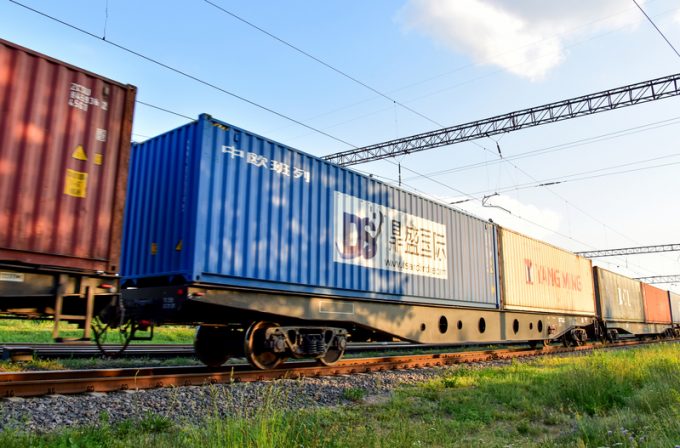Latam forwarders call on carriers to boost capacity so exports can flow
South American forwarders are becoming increasingly concerned about a looming ocean capacity crunch as the ...

In-demand China-Europe rail freight could see a drastic 30% reduction in capacity in September from delays at Kazakhstan border crossings and congested European gateways.
According to Geodis, Covid cases in China’s Xinjiang province have caused congestion at the Alashakou border crossing into Kazakhstan, with nearly 50 trains in a queue late last week.
“For cross-border trucking through Alashankou, the Khorgos and Buktu borders in Xinjiang province are closed until further notice,” the forwarder added.
China-Europe rail volumes have been booming amid challenged air ...
USTR fees will lead to 'complete destabilisation' of container shipping alliances
Outlook for container shipping 'more uncertain now than at the onset of Covid'
Flexport lawsuit an 'undifferentiated mass of gibberish', claims Freightmate
Shippers warned: don't under-value US exports to avoid tariffs – 'CBP will catch you'
Cancelled voyages take the sting out of spot rate declines this week
New Houthi warning to shipping as rebel group targets specific companies

Comment on this article